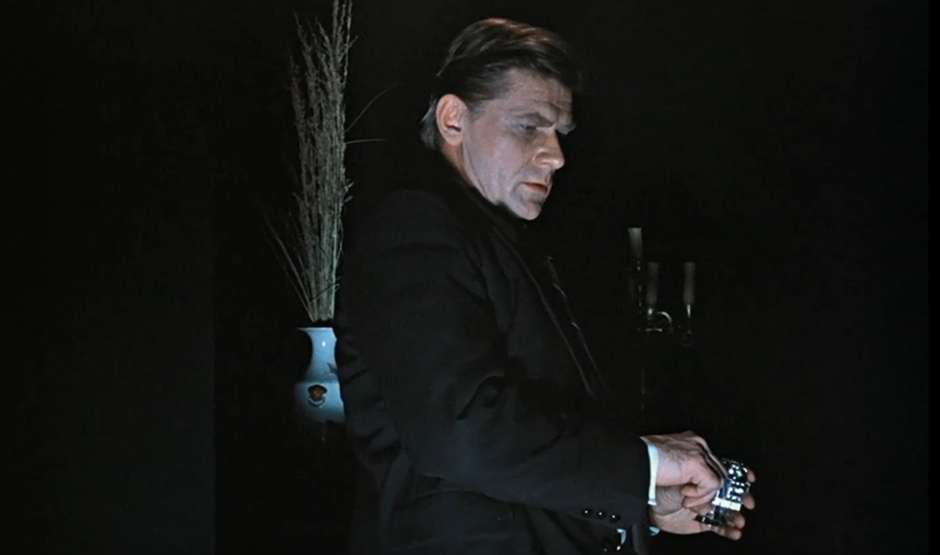Cuban Rebel Girls (1959) Review
- Benjamin May
- Nov 6, 2024
- 3 min read

On the 1st of January, 1959 at 3am, the infamous dictator Fulgencio Batista fled Cuba. Fidel Castro, then admired by the US, became the country’s leader. The night Castro was informed of Batista’s ignominious exit, there was but one journalist in his company: actor and notorious bon viveur, Errol Flynn. Flynn, whose fame was waning and fortune dwindling, was a fan of Castro, having gone to Cuba to write a series of articles for the New York Journal American about the Marxist-Leninist revolutionary. While there, Flynn made two low budget, propagandist films, the awkwardly named ‘Cuban Story: The Truth About Fidel Castro Revolution’, and ‘Cuban Rebel Girls’.
Directed by Barry Mahon and written by Flynn, ‘Cuban Rebel Girls’ is an intriguing, though not exactly illuminating, or well-made, venture. A docu-drama, the film loosely describes Flynn’s activities in Cuba, as well as the fictional adventures of the titular girls. Despite the fact that he was a fine writer, Flynn’s narrative is not compelling, nor does he offer a nuanced or unbiased view of Castro or his revolutionary plans. Further, the dialogue throughout is overly expository and awkwardly stilted; made no better by the wooden performances from most in the cast.

In his wildly entertaining autobiography ‘My Wicked, Wicked Ways’, Flynn describes the film as “an interesting side venture”, though there is little of interest offered to the viewer, beyond seeing the great raconteur making his last on-screen appearance. Though his narration throughout is spirited, Flynn’s appearance betrays his decades of rabble-rousing and carousing. He looks older than his years; sadly, but unsurprisingly, he would die two months before the film was released.
Technically, it is an uninspiring watch. Director of photography Merrill S. Brody adopts a documentary approach, though the absence of professional lighting leaves proceedings ugly and dark. At times, it is genuinely hard to see what’s going on, which is made worse by poor sound quality that leaves dialogue muffled and indistinct. This technical inadequacy detracts from the film’s potential impact, making it difficult to engage with the narrative.

The whole affair appears cheap, like a quickly made puff-piece- which, one supposes, it was. Conversely, the inclusion of actual footage from the Cuban Revolution adds a touch of authenticity, though feels disjointed and out of place within the overall narrative. This blending of fact and fiction creates an uneven tone, leaving viewers unsure of whether they’re watching a poor documentary or a melodramatic dramatization.
Despite this, the film aptly serves as a time capsule, capturing a unique moment in history when Hollywood intersected with global politics in an unexpected way. Furthermore, Flynn’s fascination with the Cuban Revolution, and his involvement in making these propagandist films, speak to his complex, often contradictory personality. Known for his swashbuckling roles and amorous off-screen antics, Flynn's latter years were marked by a sense of disillusionment and a search for new adventures. ‘Cuban Rebel Girls’, despite its shortcomings, stands as a testament to Flynn’s enduring charisma and his willingness to take risks, even as his star was fading.

Flynn’s girlfriend Beverly Aadland stars opposite him as the main rebel girl, an American on a mission to supply weapons for the revolution. Aadland was not a natural actress, awkwardly delivering lines as if she was held at gunpoint. Jackie Jackler, as her co-conspirator, does marginally better work; though also seems out of her depth. John McKay is no more than adequate as Johnny, Beverly’s boyfriend, and the rest of the cast fade into the background, leaving little impression whatsoever.
Had Mahon take a firmer hand directorially, instead of the lax approach he seems to have adopted, the film could have been rather interesting. Flynn’s passion for the subject matter is evident, and his performance is noteworthy; even if he appears a little drunk towards the end. Despite the clumsy dialogue and cliched narrative, Flynn’s (admittedly biased) attempts to educate his audience about the Cuban Revolution is commendable; if executed somewhat gracelessly.

In conclusion, Barry Mahon’s ‘Cuban Rebel Girls’ is perhaps best viewed as a curiosity rather than a serious cinematic achievement. It offers a unique window into a bygone era, complete with all the imperfections and peculiarities that come with it. For fans of Errol Flynn or those seriously interested in the history of the Cuban Revolution, it’s a film worth watching, if only for its historical significance and the swan song of a Hollywood legend.




